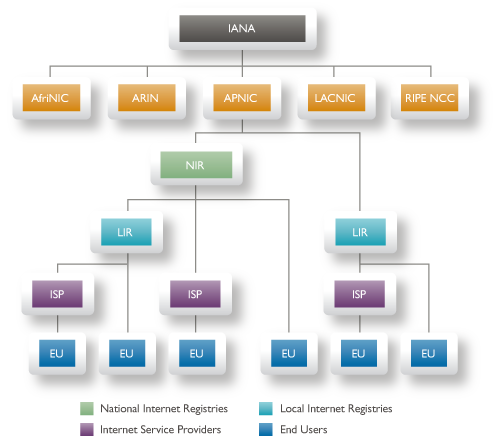Dear aiss,
GNUnet already uses public keys for addressing and routing in the
CORE/DHT/CADET layers (and above), effectively replacing IP addresses
that are created in a decentralized way. Only the transport layer which
adapts the protocol to run over existing Internet connections we have IP
addresses. However, it is possible to write communicators for the
transport layer that do not use IP at all, for example by directly using
Ethernet/WLAN and bypassing TCP/IP entirely.
Happy hacking!
Christian
On 12/11/23 16:04, aiss wrote:
THE IDEAL PATH
What if we replace the controlled and surveilled IP addresses with new
internet addresses that are based on GNUnet? These addresses will
inherit all GNUnet’s features, i.e., they will be purely decentralized,
secure, future-proof, robust, anonymous, unhackable, controlled by no
single authority and many more.
Is it just a dream? For now. If this could be true we would be changing
the internet as we know it.
* GNUnet address + GNUnet DNS, access to GNUnet domain
win10 network adapters : Enter the GNUnet address
Wi-Fi DHCP Static : Enter the GNUnet address
---
IPv4 and IPv6 are centralized. They are controlled by national
companies, etc.

Try to Google “Who controls IP addresses?” You’ll promptly get “IANA:
the Internet Assigned Numbers Authority.” IANA is the top authority
behind IP address allocation and assignment. There are five different
regional internet registries (RIR) with jurisdiction under the IANA.
As a matter of fact, as an individual or a normal internet user you
cannot request IP addresses directly from IANA or one of the five RIRs,
but only from internet service providers, such as the services offered
by mobile or telecom operators.
* True decentralization, no official singular Foundation, Committee,
Corporation, or entities in permanent unitary control of the protocol.
